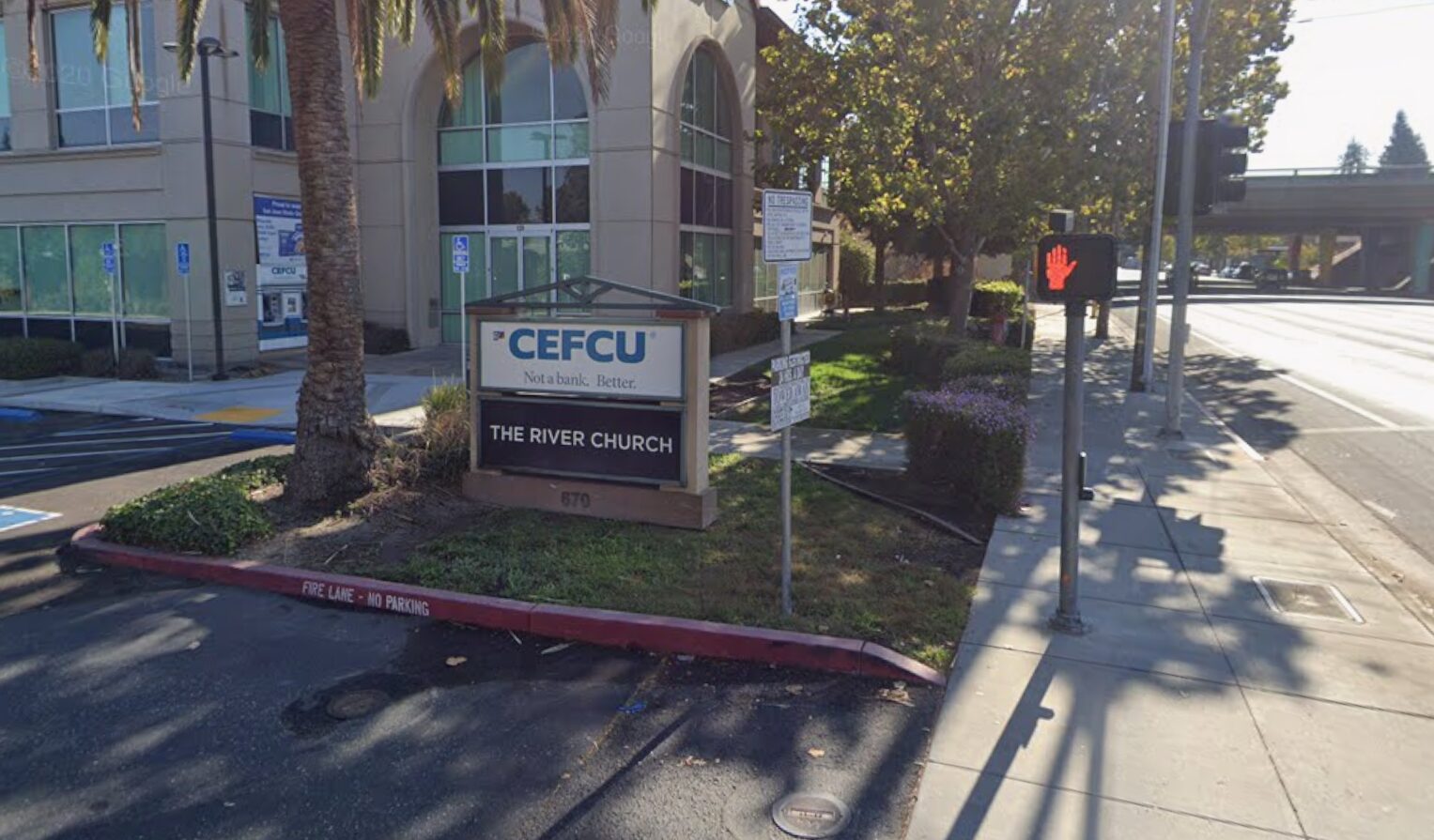URGENT UPDATE: A Morgan Hill jury has just acquitted Brett Bymaster, 49, a former youth pastor from San Jose, of 10 felony sexual abuse counts after a lengthy trial in Santa Clara County. The verdict, reached on Wednesday, marks a significant development in a case that has stirred intense local and national conversations about safety in youth programs.
The jury’s decision came following exhaustive deliberations, with jurors initially split 11-to-1 on nine of the counts before ultimately returning unanimous not guilty verdicts across the board. The trial was presided over by Judge Stuart Scott, with Deputy District Attorney Christopher Paynter arguing for the prosecution.
This case traces back to April 2024, when Bymaster was arrested after an investigation launched by a San Jose Police Internet Crimes Against Children task force. Initially, six felony charges were filed, but the number rose as the investigation progressed, linking the alleged misconduct to Bymaster’s role in youth ministry. Following his arrest, Bymaster was booked into the Elmwood Correctional Facility.
The fallout from this trial has been profound. The River Church Community faced scrutiny, prompting internal reviews and public demands for transparency regarding how previous complaints were handled. Families within the congregation criticized the church’s oversight, leading officials to acknowledge past failures and engage a third-party investigator to address the issues.
“The allegations were fabricated by a small group of influential church families,” argued defense attorneys Dana Fite and Renee Hessling, highlighting claims of an approximately $2.1 million settlement demand as part of their defense narrative.
Despite the defense’s assertions, jurors found that the prosecution did not meet its burden of proof beyond a reasonable doubt. This acquittal means that Bymaster cannot be retried on these charges due to double jeopardy protections, although separate civil cases may still emerge under a different legal standard.
The implications of this case extend beyond the courtroom. Community leaders and congregants are now calling for enhanced safeguards for youth programs, emphasizing the need for stronger oversight and protection within local faith communities. The jury’s verdict concludes the criminal aspect of Bymaster’s case, but the church’s ongoing internal review and demands for accountability suggest that this story is far from over.
As the community processes this verdict, all eyes will remain on any potential civil filings that could arise and the outcomes of the church’s investigation. Further developments are expected as local reporting continues to follow this complex and sensitive issue.
Stay tuned for updates as this developing situation unfolds.






